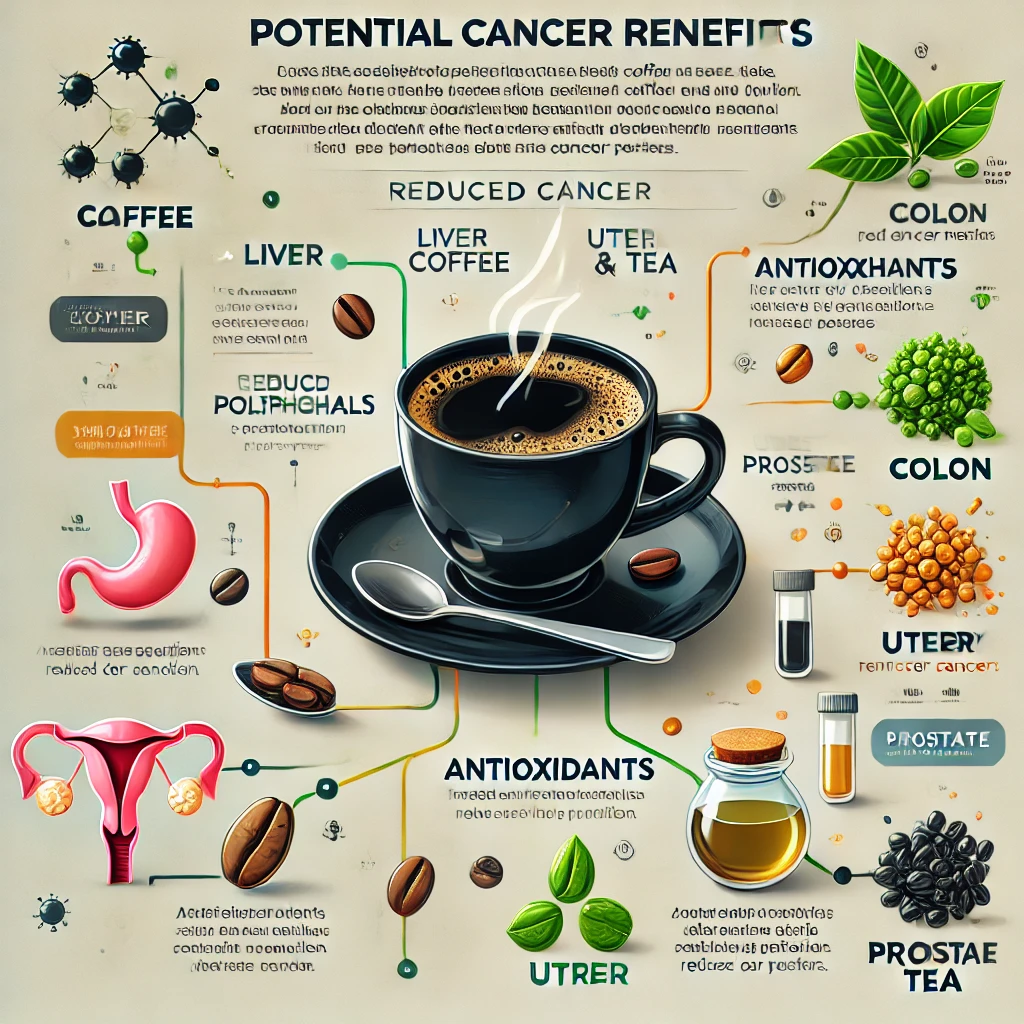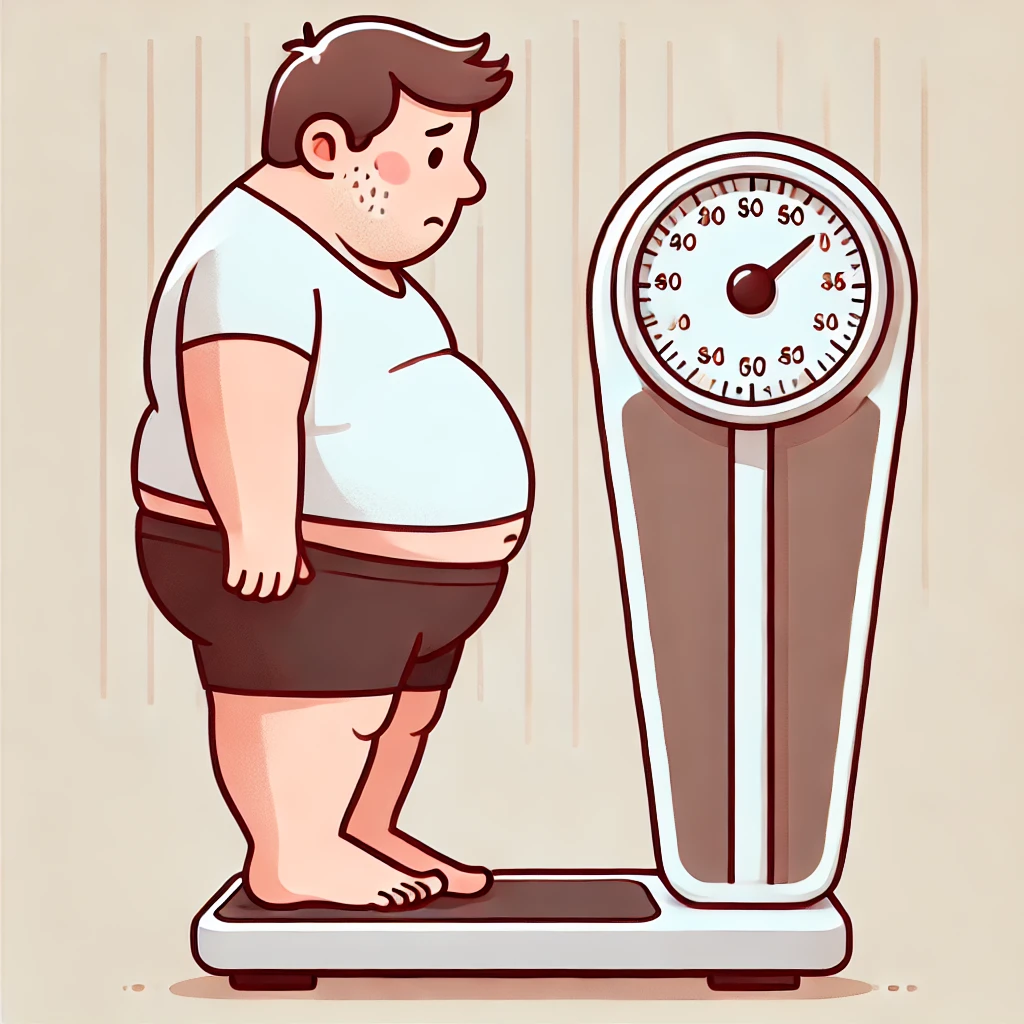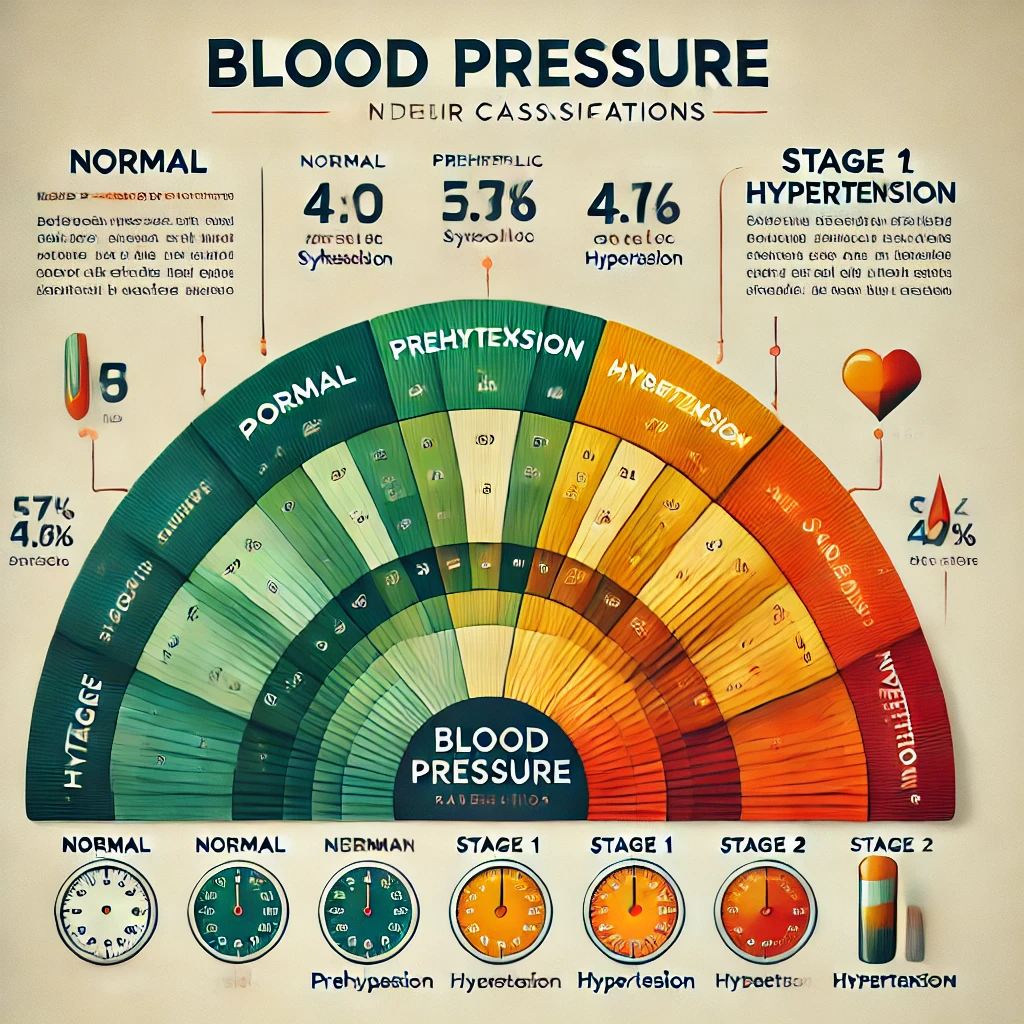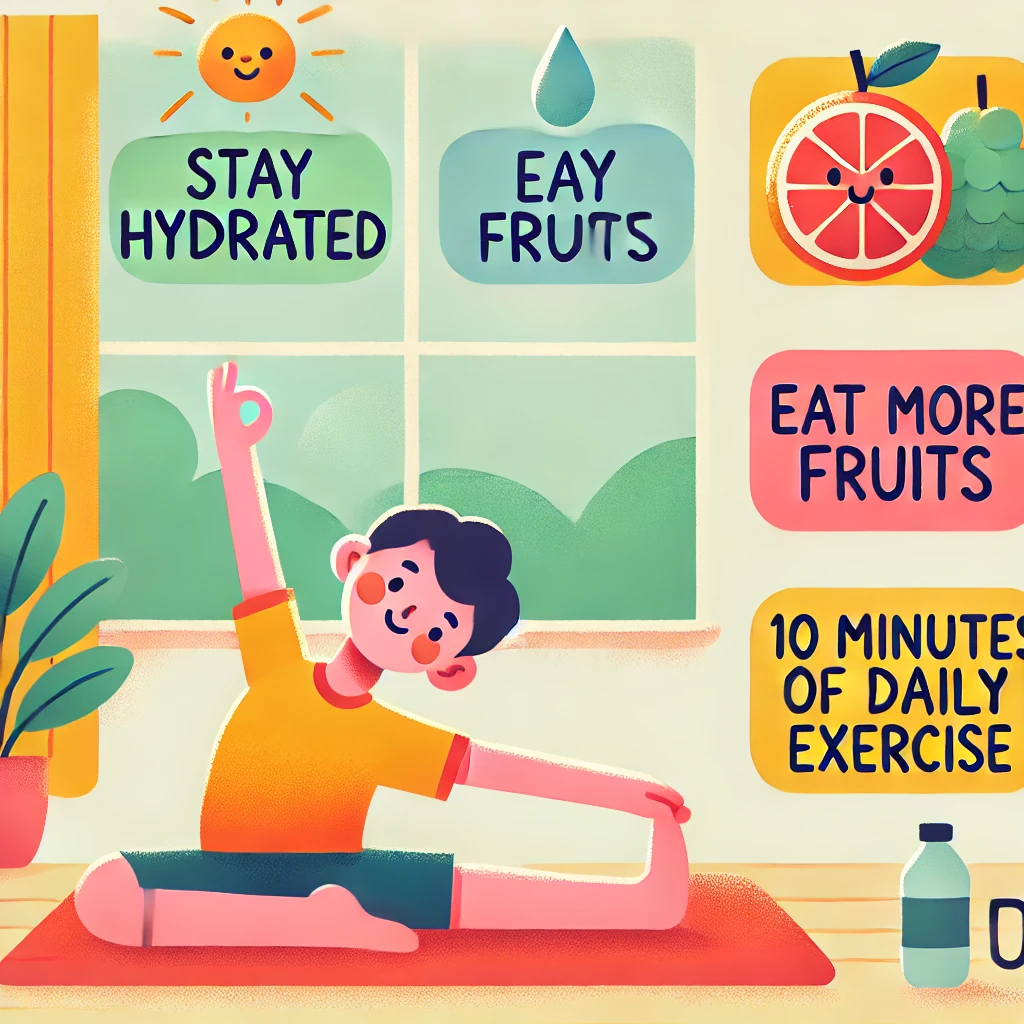Can Coffee and Tea Reduce Cancer Risk? coffee and cancer prevention
Is Your Daily Cup of Coffee or Tea Protecting You from Cancer? coffee and cancer prevention, For many, coffee and tea are daily rituals. But what if these beverages were doing more than just waking… Can Coffee and Tea Reduce Cancer Risk? coffee and cancer prevention







